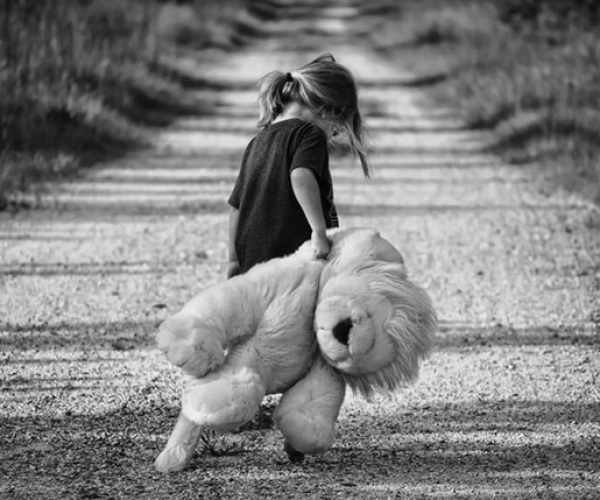How to talk to children about death

Death and dying is not a common topic that occurs in our day-to-day conversations. It is often a difficult topic to talk about as well! Many avoid bringing up conversations about death or dying because they may be upsetting and feelings of discomfort may surface when we don’t have all the answers.
However, both life and death are important parts of the life cycle! These conversations can be part of our day-to-day conversations. Children are often extremely curious when they discover death in the environment, such as when they first notice dead flowers, trees, and birds. This may open up opportunities for us to discuss and answer questions that they may have about the process of death and dying. Though all living things eventually die, there is new room for new things to join us on earth. A marvelous book titled, Beginnings and Endings with Lifetimes in Between looks at the life cycles of different creatures on earth. Reading a book such as this can be a gentle way to kickstart the process of talking about death with your child.
Many questions may also surface during conversations about death and dying. Some questions may sound like, “how did they die?”, “does everyone die?”, “will you die too?” and “what happens after someone dies?”. Some of these questions may stem from a place of anxiety and worry, while others may be out of curiosity. Being curious and sensitive to what our child is ‘really asking’ can help us better understand how best to respond to some of these questions. A simple question such as “when will you die?” may come from a child’s concerns of separation from you, and it is normal and understandable that being apart from a loved one is frightening. Exploring and clarifying the question (“are you worried that I won’t be here tomorrow”) can help us better understand their concerns and respond in the most supportive manner. Being sensitive, yet honest and open about what might or has happened can help children cope with death and dying in a more supportive manner.
Providing developmentally appropriate answers is vital when having these difficult (and sometimes frightening) conversations. For instance, offering graphic information about what happens to a body after death or the intricate details of how someone passed away will likely cause unnecessary fear and worry in children. For some, the thought that a loved one is watching over them from the skies can be comforting and reassuring, however, it can also be a source of confusion or anxiety for others. Brief, simple, and concrete responses and examples are needed when approaching the topic of death with younger children.
Children will respond to death and loss in many different ways. Sadness, anger, confusion, and shock are all normal and natural emotions that are a part of life. Some kids may seem to not respond at all. That’s okay. There is no wrong or right way to grieve. Sometimes, it may take time for a child to fully comprehend what death actually means and what might happen after. Simply being with your child through this process; providing comfort and reassurances will support your child through processing the loss of a loved one.
Even as adults, it is normal if we ourselves feel unsettled or distressed about death, and it is okay to share these experiences with our child. We may choose to explain our feelings of discomfort or sadness to them. “I am crying because I am sad that grandpa has died. I miss him. We feel sad when someone we love dies.” Having these conversations supports your child with understanding what he/ she is going through and opens up communication channels for your child to share his/ her experiences with you. If you are struggling at this point with grief and loss, I would encourage you to get some support.
My colleague, Karri Stewart, a Clinical Psychologist at Prosper Health Collective has also provided reviews on several books that are tailored to helping children understand death. I would recommend you to check those books out!
It’s never too early to talk about death and dying. It is as normal as living!